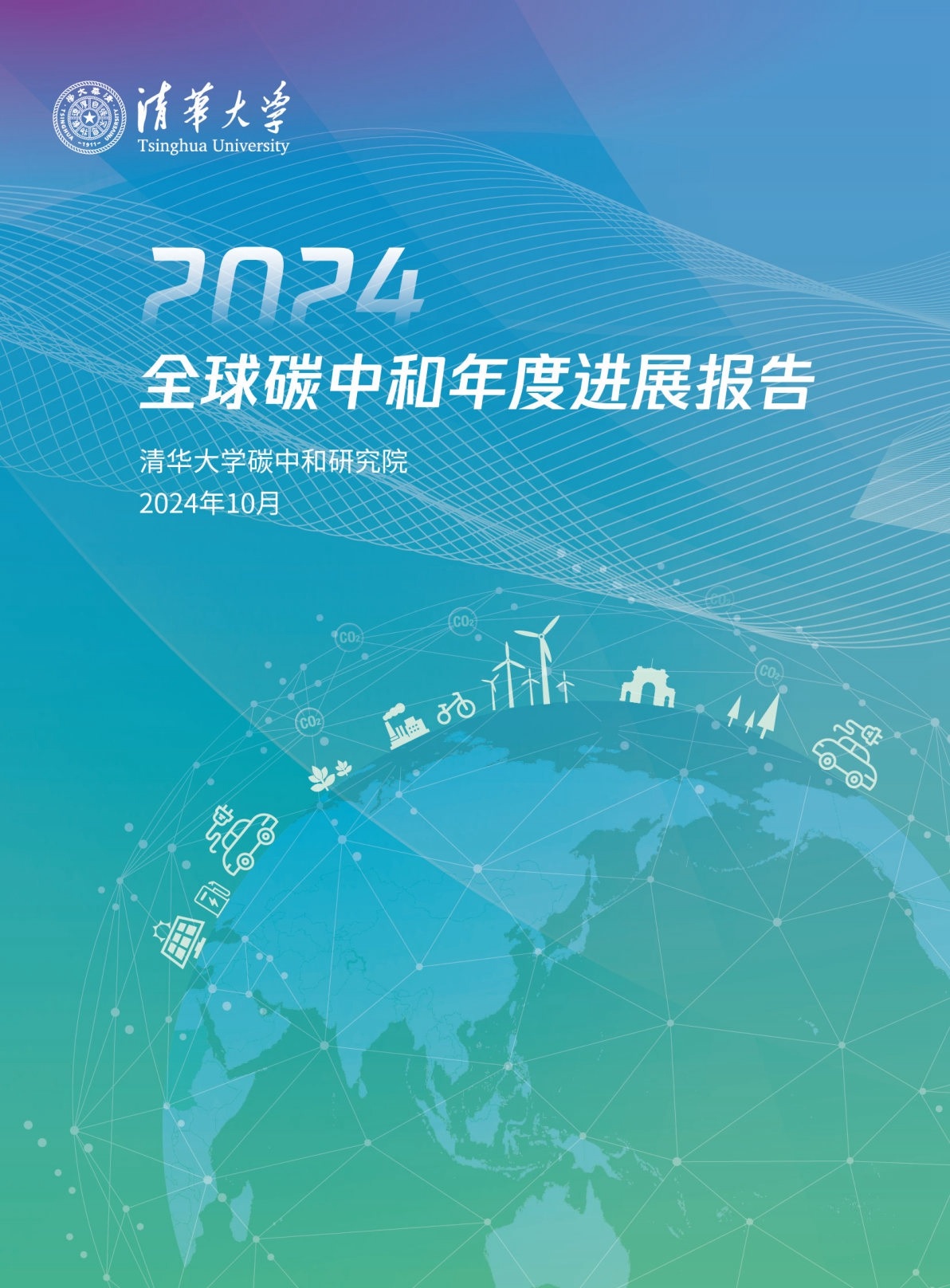151 nations committed to carbon neutrality goals, Tsinghua says


As of May, 151 countries have committed to carbon neutrality targets, with 120 of them enshrining their dedication through laws or policy documents, according to a recent report by Tsinghua University.
The 2024 Global Carbon Neutrality Annual Progress Report, released on Thursday, also said 86 of the 151 nations have outlined detailed plans to meet their goals, signaling an important shift toward implementation.
Du Xiangwan, an academician of the Chinese Academy of Engineering, said the report shows the latest progress made by various countries in technological innovation and market applications, providing a detailed examination of the development goals, models and potential of low-carbon technologies worldwide. For China, it has become a leader in renewable energy and low-carbon technologies.
"China's efforts are not only crucial for its own development, but will also have a profound impact on global climate governance and the overall progress toward carbon neutrality," Gu said.
He emphasized the country's significant role in the global renewable energy sector.
"Clean energy sources like wind and solar power, along with energy storage technologies, are being developed and applied not only to meet domestic needs, but also to provide critical technological support for the global green and low-carbon transition," he said.
Renewable energy, which is critical in underpinning the carbon neutrality transition, is not growing fast enough to meet the COP28 target set in December. That goal sought a three-fold increase in global renewable energy capacity by 2030, the report said.
Wang Can, a researcher with Tsinghua University's Institute for Carbon Neutrality, said if the historical growth rate from 2000 to 2023 continues, global renewable energy capacity will only reach 1.7 to 2.7 times the 2022 level by 2030, falling short of the three-fold target.
"However, the report points out that the rapid expansion of renewable energy in 2023 provides some optimism that short-term trends could improve the likelihood of meeting this goal," Wang said while introducing the findings.
"While this concentration has led to technological advances, it also underscores the need for technical assistance and international cooperation to boost deployment in less-developed countries," he said.
Moreover, the report indicates that although more countries are disclosing their climate finance needs, the global progress in climate investment and financing remains slow, posing challenges for scaling up carbon neutrality efforts.
"We have noticed that some countries have increased tariffs on key renewable energy products, probably hindering the global diffusion of low-cost carbon neutrality technologies," Wang said.
Although notable progress has been made in countries' efforts to set carbon neutrality targets, gaps remain in terms of policy, actions and outcomes, the report showed.
Bridging the gap between progress and targets requires recognizing the diversity of each country's carbon neutrality pathways. Countries will need to tailor their approaches while still contributing to the broader global goal, the report said.
"The implementation of the goal is still a major challenge, with more than half of the involved countries yet to establish a comprehensive policy system," Wang said.





































